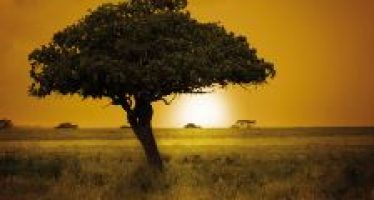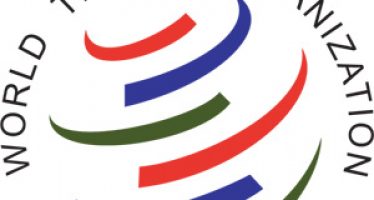Ghana: Crisis as a Hallmark of Enduring Success

President John Dramani Mahama
A solid mechanism has been put in place with Norwegian assistance to ensure that the proceeds from Ghana’s newly found offshore oilfields are spent wisely and to the benefit of the entire nation. A sovereign wealth fund is to receive 30% of the takings while the remainder will underwrite economic development. Transparency and democratic oversight are ensured through the Public Interest and Accountability Committee which will also liaise with civil society and local communities.
However, technical challenges hamper the performance of the offshore fields with current production levels barely half of the anticipated 225,000 barrels per day. As a result, revenues have been disappointing with shortfalls exceeding $400m annually.
Yet again, Ghana has proven itself equal to the task. The country and its government take the nation’s development serious and unfailingly answer the knock of opportunity. Sensible policies are adopted – and robust legal frameworks erected – so that no resource is wasted. Whereas elsewhere in the region all too often politics get in the way of development, Ghana historically has seen, and used, politics as the driving force of the nation’s advancement.
President John Dramani Mahama, in office since mid-2012, is committed to both his party’s Better Ghana Agenda and the ambitious Vision 2020 development plan. The latter plan, essentially a continuation of the development agenda outlined by the country’s first post-independence president Dr Kwame Nkrumah, aims to transform Ghana into an economic power house through accelerated industrialisation.
“However, technical challenges hamper the performance of the offshore fields with current production levels barely half of the anticipated 225,000 barrels per day. As a result, revenues have been disappointing with shortfalls exceeding $400m annually.”
President Mahama expects to need two terms in office for Vision 2020 to become reality. In contrast to previous administrations, the Mahama Government has invited the private sector to partner up in a joint sustained effort to boost growth and development. Agriculture and rural development have now been chosen to spearhead the drive. This way, President Mahama hopes to bridge the income disparity between rural areas and cities.
The current administration is also committed to stemming the ongoing brain drain by embracing new technologies to tackle new challenges. President Mahama is the first Ghanaian leader to put the environment on the national agenda and has unveiled a number of initiatives to engage young professionals and entrepreneurs in innovative projects.
The government is determined to offer small and medium-sized businesses increased opportunities in an attempt to unlock their development and job-generation potential. Policies have also been adopted to engage the Ghanaian diaspora and to attract higher levels of foreign direct investment.
While the frameworks and policies are firmly in place, unforeseen setbacks such as disappointing oil revenues are now threatening to derail part of the development agenda. The country has now appealed to the International Monetary Fund (IMF) for assistance. While inflation and budget deficits are all too real, the economic crisis Ghana is currently suffering also offers proof of its enduring success as a nation. Ghana’s issues pale in comparison to the goings-on elsewhere on the continent where civil strife, religious fanaticism, and other contemporary plagues are rife.
“It is a mark of Ghana’s success that an IMF deal looks like a crisis, compared with a crisis like an Islamist insurgency or a sci-fi style plague,” says Antony Goldman, director of Promedia Consulting in the UK. Analysts widely expect the crisis to be but a cautionary experience which the country should be able to overcome without too much trouble. IMF assistance does not supply a quick fix, but will help put a floor on the crisis. This will in turn enable the Mahama Administration to engineer an economic turnaround and resume its development agenda.
You may have an interest in also reading…
NEPAD: Towards the AU Agenda 2063 – Africa Building Momentum From a Decade of Achievement
At the dawn of the 21st century, African leaders were faced with a set of new realities: Globalization, the end
WTO Forecasts Gradual Recovery Despite Cut in Trade Forecasts
World trade growth in 2013 and 2014 is likely to be slower than previously forecast. WTO economists now predict 2013
Booz & Company’s Ideation Center: Empowering Women Entrepreneurs in the Middle East
One of the greatest challenges in the Middle East and North Africa (MENA) is to bring more women into the















































































